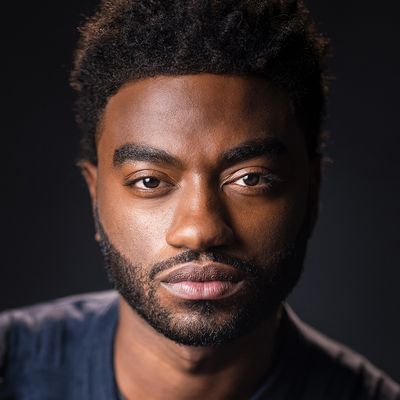On this episode of Conversations with Changemakers, we speak with Jelani Alladin. In this interview, we discuss:
- What he wishes he knew before his Broadway debut.
- The balance of authenticity and brand strategy in the public eye.
- Lessons from the pandemic, the new civil rights movement, and the 2020 political race.
Click here to access bonus resources from this episode.
Connect with Jelani Alladin:
Connect with Tony Howell:
Episode Credits:
- Art by Tony Howell + Gertrude Pillena
- Editing by Connor Lynch
- Hosting by Broadway Podcast Network
If you enjoyed this episode, please visit RateThisPodcast.com/tonyhowell. Be sure to check out our past conversations and subscribe for next month’s special guest!


